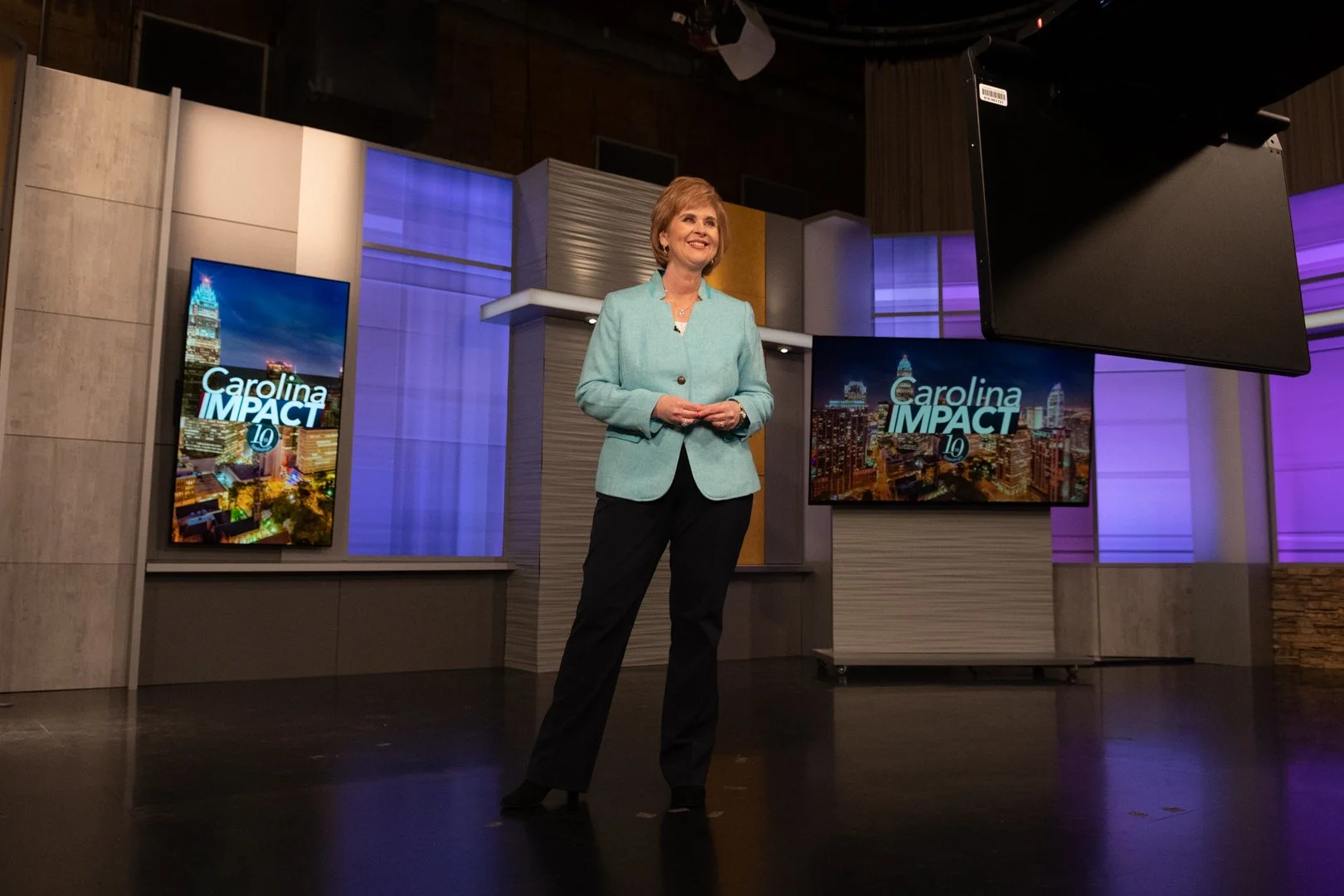Lost Emails, Found Money: How PBS Charlotte Transformed a Dormant List into a Digital Fundraising Powerhouse
464% ROI
〰️
741 New Donors
〰️
421 Sustaining Donors
〰️
464% ROI 〰️ 741 New Donors 〰️ 421 Sustaining Donors 〰️
The Mission
PBS Charlotte is more than just a television station—it’s a vital part of the local community, channeling curiosity and connecting people across 13 counties in North and South Carolina. As the region’s trusted PBS affiliate, they provide high-quality educational programming, local storytelling, and public affairs content that informs, inspires, and engages their diverse audience.
Their commitment to local content runs deep. One of their upcoming projects, The Great Migration, explores the movement of African American families from the South to the North. PBS Charlotte is extending the impact of this documentary by having their education and outreach coordinator work with a local middle school to help students trace their family histories. Another highly anticipated local documentary will investigate the Mecklenburg Declaration of Independence and its contested influence on the National Declaration of Independence. This kind of storytelling—rooted in history and community—is what makes PBS Charlotte an essential institution in the region.
“For years, I held onto this so-called ‘dead’ email list, hoping to find a way to make it valuable.”
The Challenge
Despite its strong community ties and increasing engagement with local viewers, PBS Charlotte faced a surprising challenge: a decline in digital fundraising. After a decade of steady growth, 2024 was the first year their digital fundraising numbers were down.
One underutilized resource was a trove of email addresses provided by PBS National—contacts collected when users signed up on the national PBS website and selected their local station. PBS Charlotte received between 1,500 and 2,000 new email addresses every month, but only about 30% of those contacts actively engaged with their newsletters and events.
For years, the station followed standard email marketing practices:
They sent newsletters and event invitations to all new contacts.
Every six months, they removed unresponsive emails from their active lists.
Over time, they accumulated a massive list of “dead” emails—people who had never opened a message or interacted with PBS Charlotte.
By 2024, that “dead” list had grown to 122,000 contacts—a potential goldmine of untapped supporters. But without a strategy to re-engage them, those names were just digital dust.
The Solution
This is where Electric Fork Media (EFM) stepped in. Instead of viewing these emails as a lost cause, we saw an opportunity. Using our data-driven digital marketing approach, we transformed what seemed like a dormant list into an active donor pipeline. Here’s how we did it:
Data Analysis & Audience Segmentation
We ran the list through our proprietary data analysis system to identify high-potential donors. Rather than treating all 122,000 contacts the same, we used our AI-powered predictive modeling to determine which individuals were most likely to respond to targeted outreach.
Social Media Re-Engagement Campaigns
We then reached out to these potential donors where they already were—online. We connected those users with PBS Charlotte’s exclusive Passport membership—a premium, on-demand streaming opportunity for donors.
Messaging Personalization
Instead of generic fundraising appeals, we created messages that resonated with niche audiences, emphasizing the value of Passport and PBS Charlotte’s impact on the community.
“I’ve always believed there was potential in these emails. EFM proved it—741 new donors, 421 sustainers, and a 464% return on investment in just six months generating over $60,725.”
The Results
The initial six-month test campaign (July–December 2024) delivered extraordinary results:
741 new donors
421 sustainers
464% return on investment
$60,725 in donations
These numbers are even more impressive, considering the station initially faced a $66,000 budget shortfall in digital fundraising. EFM’s strategy reduced that gap to just $14,000—a massive win in a challenging fundraising year.
What’s Next? Scaling Up with Warm Leads
The success of the test phase has led to an even more significant opportunity. PBS Charlotte is applying the same strategy to their 55,000 warm leads—people who actively engage with their newsletters but haven’t donated yet.
Since this group has already shown interest, we expect even higher conversion rates. If the strategy proves as effective with warm leads as it was with cold leads, this could result in an additional $100,000+ in annual fundraising—a game-changer for PBS Charlotte.
“This test phase was just the beginning. Now, we’re applying the same strategy to our warm leads—and I can’t wait to see the results.”
A Model for Other Organizations
This isn’t just a win for PBS Charlotte—it’s a blueprint for nonprofits nationwide. Many other organizations face the same challenge with dead or disengaged emails, yet few have explored re-engagement strategies like this.
We've proven that these lists are far from dead by leveraging data analytics, social media advertising, and hyper-personalized messaging. They are dormant assets waiting to be activated.
This campaign exemplifies what Electric Fork Media does best—transforming overlooked data into measurable revenue. We don’t just guess; we analyze. We don’t just advertise; we optimize.
This was more than a marketing campaign for PBS Charlotte—it was a digital fundraising revolution. As we roll out phase two with warm leads, we believe the best is yet to come.




